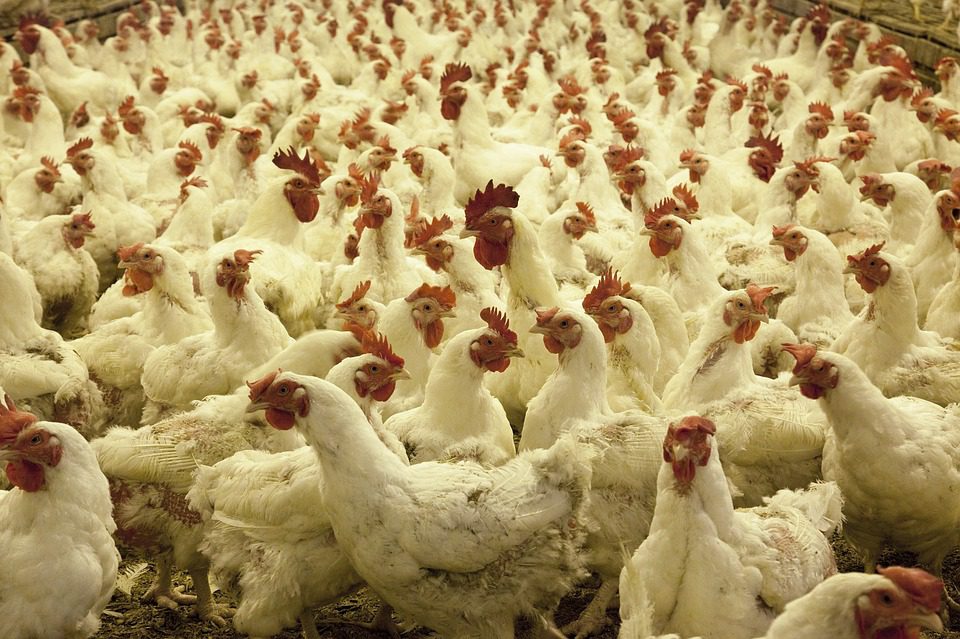The UK government has self-declared “zonal freedom” from highly pathogenic avian influenza (bird flu).
The UK does not currently have outbreaks of bird flu in poultry or other captive birds, and the current risk to poultry from bird flu in Great Britain has been assessed as low.
The UK declaration is being reviewed and will be published by the World Organisation for Animal Health (WOAH) shortly.
However, the UK government said the disease continues to be found in wild birds in Great Britain and across Europe.
In the UK, the following number of cases of bird flu have been confirmed since October 1, 2023:
- Four cases in England;
- Two cases in Scotland;
- No cases in Wales;
- No cases in Northern Ireland.
Since the start of the major outbreak of bird flu in October of 2021, 298 cases of bird flu have been confirmed in England.
51 were confirmed in Scotland since October 2021, 15 in Wales and seven in Northern Ireland.
The UK government said keepers should remain vigilant and practice stringent biosecurity to protect the health and welfare of their birds.
Future outbreaks
New measures to better protect the UK poultry sector from future bird flu outbreaks were announced by the UK government on March 19.
Under the changes, there are new requirements for all bird keepers, regardless of the size of their flock, to officially register their birds.
Before this, only those who kept 50 or more poultry had to do so, which limited “the effectiveness of our national disease control measures”, the government said.
By registering their birds, keepers will ensure they receive updates relevant to them, such as on any local bird flu outbreaks and information on biosecurity rules to help protect their flocks.
UK chief veterinary officer (CVO) Christine Middlemiss said: “These new rules will enable us to have a full picture of the number and location of birds kept across Great Britain, making it easier to track and manage the spread of avian disease.
“This information will be vital in helping to inform future risk assessments and maintain our commitment to continually building our extensive avian influenza research portfolio.”
Scotland’s CVO, Sheila Voas, said the changes to bird registration are a “necessary step” to help protect the health of kept birds and the general public from future avian influenza risks.
“We have faced challenges during previous outbreaks in clearly communicating the changes in both risk and mandatory biosecurity requirements to bird keepers, particularly smallholders and backyard keepers,” she said.
“This approach will enable us all to be better prepared and protected against a future pandemic.”
